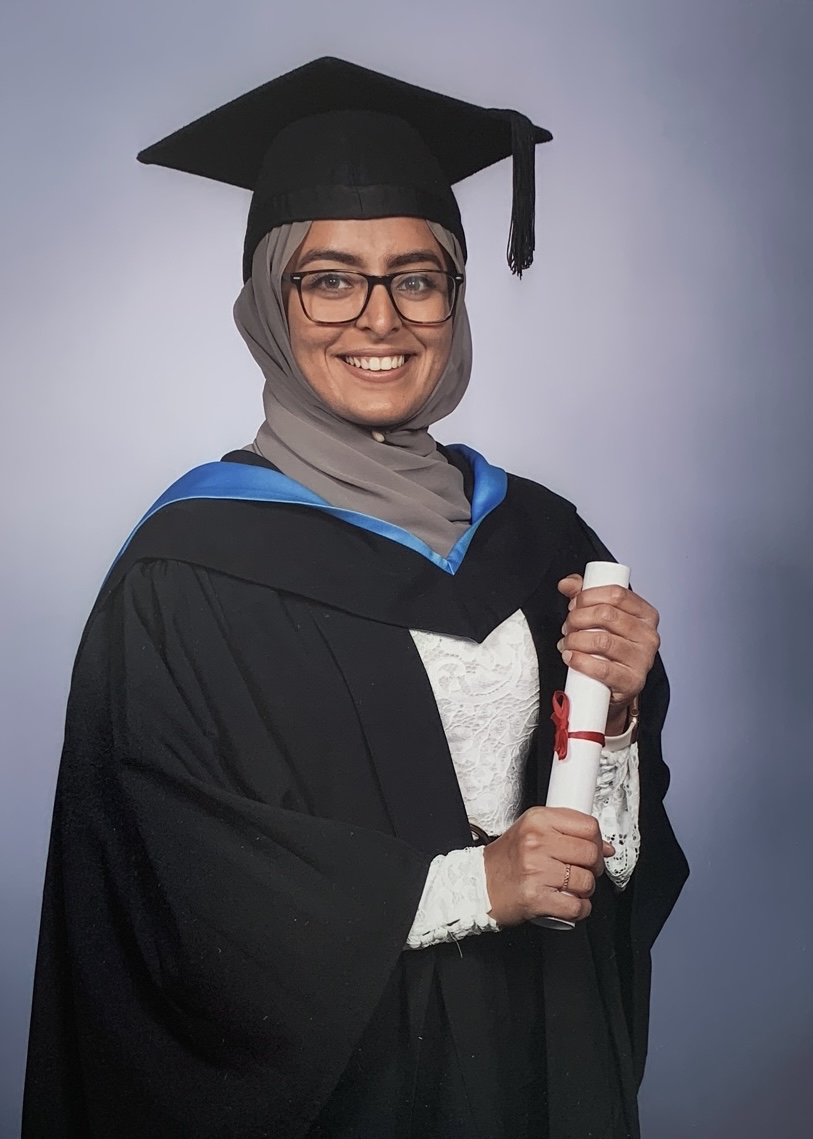
What is your name?
Hamida Mussa
Where are you from?
Tanzania
To which class do you belong?
MSc Translational Neuroscience, class of 2022
Where and what did you study before joining Imperial College London?
BSc in Biomedical Sciences at University of Warwick
How did you find your Master experience at the College?
Overall, the experience was amazing. It taught me a variety of new skills, exposed me to a more challenging environment and gave me the opportunity to meet with lots of wonderful people that I now call my friends. It was the most perfect year!
Which research project did you work on?
My research project was titled ‘The role of arginine deprivation therapy on the tumour microenvironment of arginine auxotrophic glioblastomas’. My research entailed trying to understand how arginine deprivation affected the immune microenvironment of a subset of glioblastomas that cannot make their own arginine. I worked under the supervision of Dr Nelofer Syed
Where are you now?
I am currently applying for research assistant jobs in many universities so that I can continue my research on glioblastomas
What are you working on?
I hope to continue working on arginine deprivation therapy as a potential therapy for glioblastomas
What is the most important lesson you learnt as a Master student?
The most important lesson I learnt is how to be more independent and drive my own research. During my research project, I was given the opportunity to design my own experiments and take control of my research because it was my project. I was given advice by my post-doc supervisors and the principal investigator. Together, we came up with a feasible and well-structured final experiment while maintaining my original idea. Although this was very challenging, it was very rewarding too and taught me a lot about research and how much thought goes into ensuring an experiment is designed to be robust.
How did the Master programme help you get to where you are now?
This programme allowed me to be part of a dynamic research group, where I learnt a variety of different wet lab skills I previously had no experience. Without this programme, I don’t think I would have been so certain that I wanted to continue doing research and working in a lab as part of my career. I am very proud of where I am today and am grateful for being able to complete this MSc at Imperial amongst some of the best researchers.